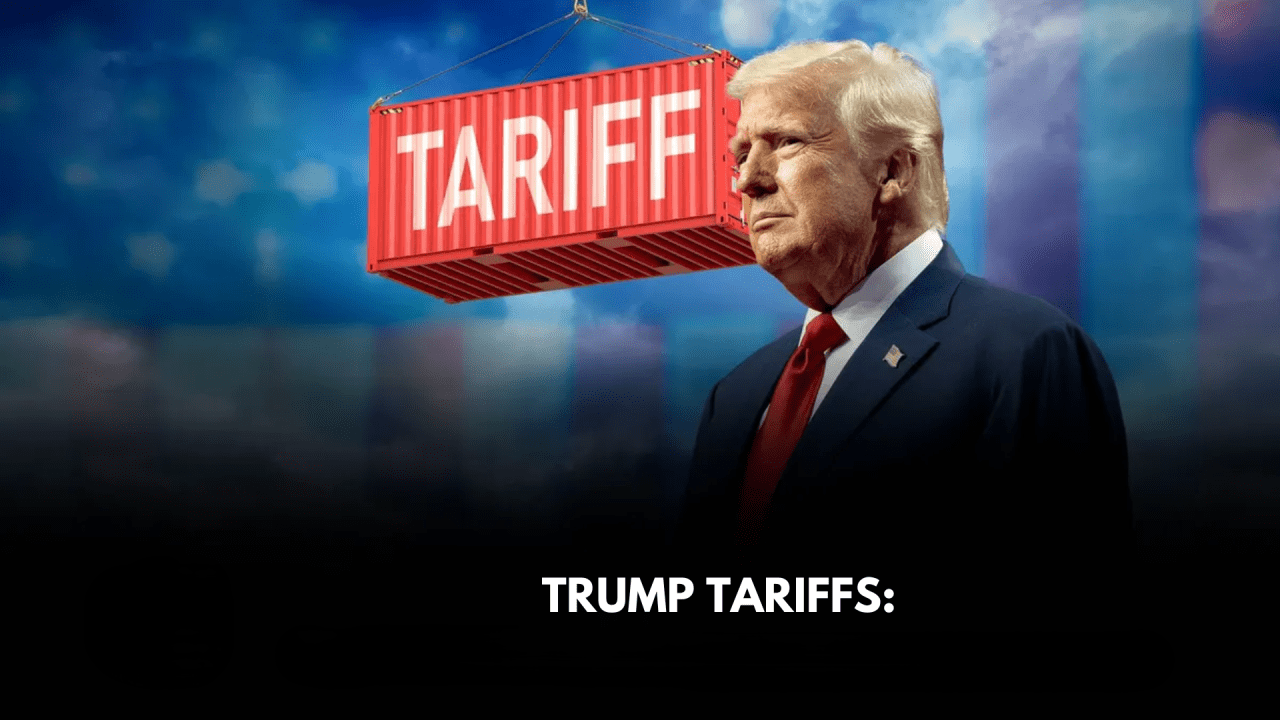In early 2025, President Donald Trump implemented substantial tariffs on imports from Canada, Mexico, and China, aiming to address trade imbalances and domestic economic concerns. These actions introduced significant volatility into global financial markets, including the cryptocurrency sector. Bitcoin, often regarded as "digital gold", experienced notable price fluctuations in response to these geopolitical developments.

Impact of Tariff Policies on Bitcoin Prices
The announcement of new tariffs led to immediate reactions across financial markets. Bitcoin's price fell below $82,000 as investors moved away from riskier assets amid escalating trade tensions. This decline mirrored trends in traditional markets, where stocks also faced downturns due to concerns over potential economic slowdowns and inflationary pressures.
Analysts have outlined several scenarios regarding the potential impact of ongoing trade disputes on Bitcoin's future performance:
Rapid Resolution: A swift de-escalation of trade tensions could stabilize markets, potentially establishing a price floor for Bitcoin.
Prolonged Negotiations: Extended trade discussions might lead to continued market volatility, presenting both risks and buying opportunities for investors.
Escalating Trade War: An intensifying tariff conflict could deepen bearish trends in both cryptocurrency and traditional equity markets due to broader economic repercussions.
Bitcoin as "Digital Gold" During Economic Uncertainty
In times of economic instability, assets perceived as safe havens, such as gold, typically attract increased investor interest. Bitcoin has often been likened to "digital gold" due to its decentralized nature and limited supply, positioning it as a potential hedge against currency devaluation and inflation.

However, Bitcoin's effectiveness as a safe-haven asset remains a topic of debate. While it has demonstrated a negative correlation with the U.S. dollar, its higher volatility compared to traditional assets like gold may influence its reliability as a hedge during economic downturns.
Investor Sentiment and Market Dynamics
Following the tariff announcements, Bitcoin and other cryptocurrencies experienced rebounds, suggesting that some investors view these digital assets as viable alternatives amid traditional market uncertainties. For instance, Bitcoin rose by 3.5% to $78,888 after reaching a weekly low, indicating resilience despite prevailing economic challenges.
This behavior underscores the evolving perception of cryptocurrencies within the broader financial landscape. As regulatory frameworks become clearer and adoption increases, Bitcoin's role as a significant asset class continues to develop, with its responsiveness to economic events becoming more pronounced.
Conclusion
Global political developments, such as the tariff policies enacted in early 2025, have a profound impact on financial markets, including the cryptocurrency sector. While Bitcoin's volatility reflects immediate market reactions to such events, its potential as a hedge against traditional market instability remains a focal point for investors. As the economic landscape continues to evolve, understanding the interplay between geopolitical actions and cryptocurrency valuations is crucial for informed investment decisions.
#TrumpTariffs #BinanceAlphaAlert #CryptoTariffDrop #BTCvsMarkets #BTCvsMarkets
